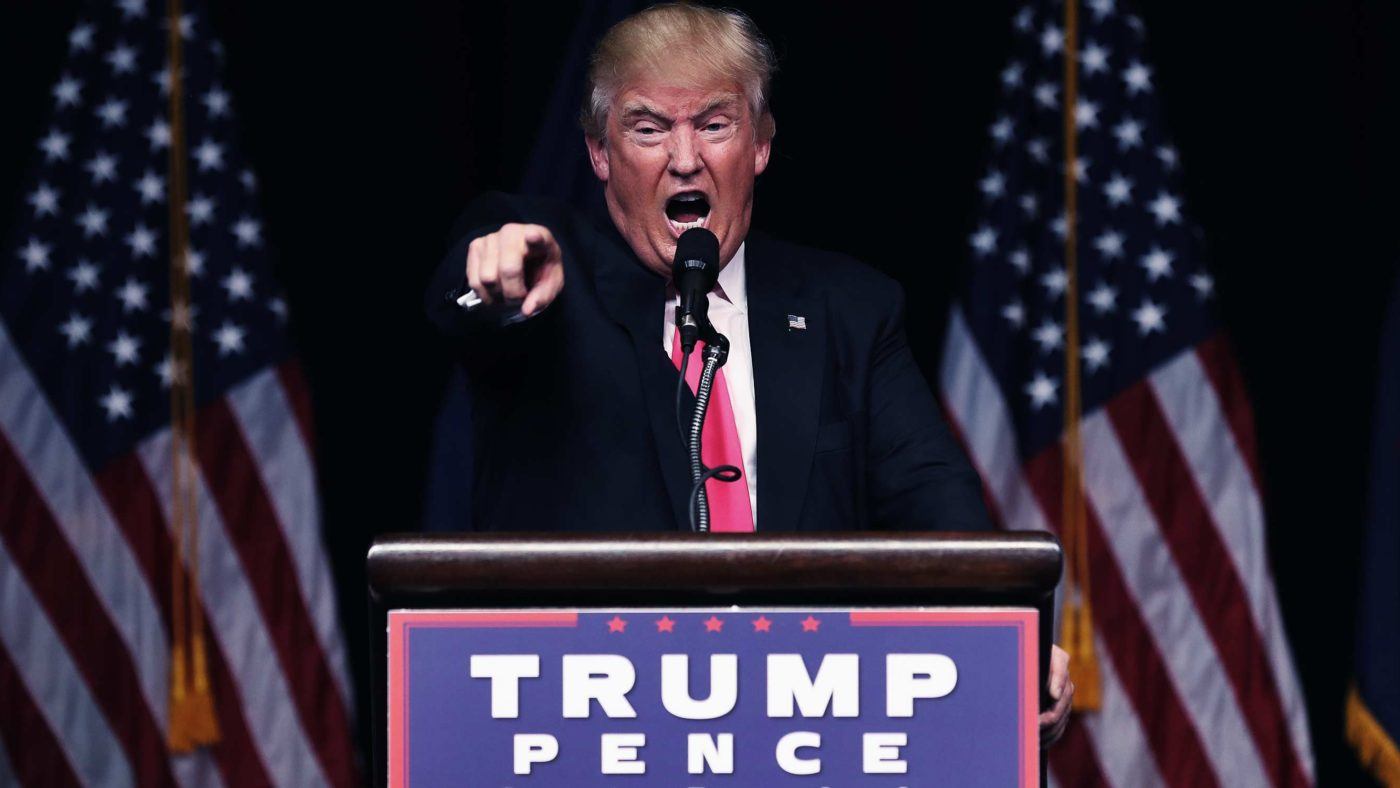This article is taken from the CapX Weekly Briefing email. Sign up here.
In Aleppo, Bashar al-Assad reasserted control over the city of Aleppo in the most bloody and brutal way possible. In the Philippines, Rodrigo Duterte admitted to personally killing criminal suspects. In Washington, Barack Obama confirmed that Vladimir Putin had meddled in America’s election – but as in Syria, seemed powerless to actually do anything about it.
One of the themes of the week – and the year – has been the rise of the strongman. And it’s entirely understandable: in a world that seems ever more turbulent and troubled, people take comfort in authority.
Even leaders such as Xi Jinping in China, or Britain’s own Theresa May, derive their popularity from the reassurance they offer, the promise that they will deploy their power on behalf of the ordinary citizen. Hence this week’s plan to reposition Jeremy Corbyn as a “left-wing populist” – the fatal flaw being that he has all the charismatic authority of a damp lettuce.
Get more from CapX
Follow us on Twitter
Like us on Facebook
Sign up to our email bulletin
Part of the package for a true strongman is a willingness to criticise – even rail against – the state that you yourself run. And part of it is a willingness to tear up the rule book – both domestically and internationally – because the approval of the people is more important.
This certainly appears to be the blueprint that Donald Trump is following. When, this week, he summoned the titans of tech to abase themselves before him (an event whose implications were analysed on CapX by David Waywell), the President-elect was entirely upbeat. Trump called the bosses of Amazon, Google and Apple an “amazing group of people” and told them: “I’m here to help you folks do well.”
But Trump’s affability has a very Vito Corleone feel to it – a sense of favour bestowed and favours expected.
It is this that leads many people to worry about Trump’s autocratic tendencies. Not because Trump and his team will rip up the constitution, but because of the obsessive focus on the President-elect and his personal authority.
Affairs of state under Trump look set to be determined not by long discussions of policy, but by the leader’s whim. That will be informed by the pleas that happen to reach him via Twitter, or the morning TV shows he watches so obsessively, or the court of advisors and family members that surrounds him. (Sure enough, three of Trump’s children joined him around the table in Trump Tower.)
It’s not hard to picture a scenario, as the Trump presidency gets into gear, where Americans are treated to their own version of Hugo Chavez’s weekly show Aló Presidente, or perhaps Russia’s annual Direct Line with Vladimir Putin – a fireside chat for the 21st century, in which the President receives petitions, dispenses largesse, and castigates corrupt officials and greedy companies. Already, trading firms are rewiring their algorithms to dump stock at the first sign of a critical presidential tweet.
In societies ruled by strongmen, circumventing the state, and the rules, becomes a rational way of doing business – because the ultimate source of justice is not the law, but the man at the top.
Elsewhere on CapX
The real explanation for Brexit and Trump
With President Trump, flattery is the UK’s best weapon
How the West should tackle Putin
America is hardly likely to become another Philippines, or China, or Russia. But Lawrence Summers, the former US Treasury Secretary, made a telling point in a recent piece on Trump’s protectionist impulses.
Capitalism works best, Summers said, when it is a system based on rules, and worst when it is a system based on deals.
And America has elected a man to whom the deal means everything – and the rules mean precious little.


